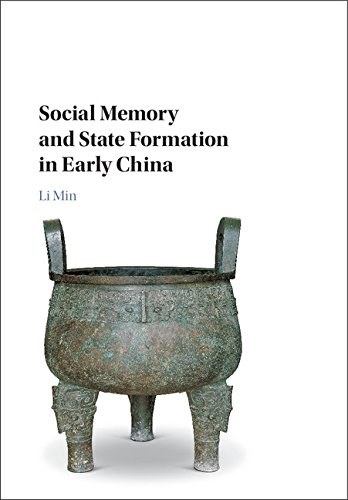
SocialMemoryandStateFormationinEarlyChina
[ 考古 ]
作者:MinLi
1
0
推荐者:百科书库 2023-04-05 14:15:03
本书简介
- 作者:MinLi
- 出版社:CambridgeUniversityPress
- 出版年:2018-5-31
- 页数:582
- 定价:GBP110.00
- 装帧:Hardcover
- ISBN:9781107141452
In this book, Li Min proposes a new paradigm for the foundation and emergence of the classical tradition in early China, covering from the late Neolithic through the Zhou period. Using a wide range of historical and archaeological data, he explains the development of ritual authority and particular concepts of kingship over time, in relation to social memory. His volume weaves together the major benchmarks in the emergence of the classical tradition, particularly how legacies of prehistoric interregional interactions, state formation, urban florescence, and collapse during the late third and the second millenniums BCE laid the critical foundation for the San dai notion of history among Zhou elite.
Moreover, the literary-historical accounts of the legendary Xia Dynasty in early China reveal a cultural construction involving social memories of the past and subsequent political elaborations in various phases of history. This volume enables a new understanding of the long-term processes that enabled a classical civilization in China to take shape.
Aside from archaeologists and historians of China, this book caters to scholars and students interested in the study of social memory, state formation, and comparative studies of ancient civilizations. It provides an archaeological perspective on the genealogy of knowledge and power in their spatial, temporal, technological, and formal representations.
作者简介
LiMin,anarchaeologistofearlyChina,isAssociateProfessorofEastAsianArchaeologyattheUniversityofCalifornia,LosAngeles.
相关推荐
寻夏记——二里头考古揭秘最早中国
中国历史上第一个王朝是夏王朝,它涉及中华民族的历史记忆和文化认同。本书从关于“最早中国”的辩论开始,通过对传世文献和学术史的梳理与分析,介绍了二里头遗址及以其为代表的二里头文化的基本情况。文章论证了二 侯卫东/贺俊/杜金鹏 2023-05-11 06:03:53商文明的信仰世界与传统思想渊源
郭静云热爱中国上古文明,并且熟谙先秦时期的考古材料和传世文献。她的想象力和思考力非常出色,尤其是她在拥有宏大视角的同时审视中国上古文明的形成历程,这使得她的每一本著作都拥有独特的个人风格。在《夏商周》 郭静云 2023-05-11 06:06:29华北考古记
埃玛纽埃尔-爱德华·沙畹(1865—1918),是近代以来最有成就的汉学大师之一,公认的“欧洲汉学泰斗”。1907年,沙畹从巴黎来到中国,开始第二次在华考古活动。《华北考古记》就是这次实地考察的学术成 [法]埃玛纽埃尔-爱德华·沙畹 2023-05-11 06:11:32© 2023-2025 百科书库. All Rights Reserved.


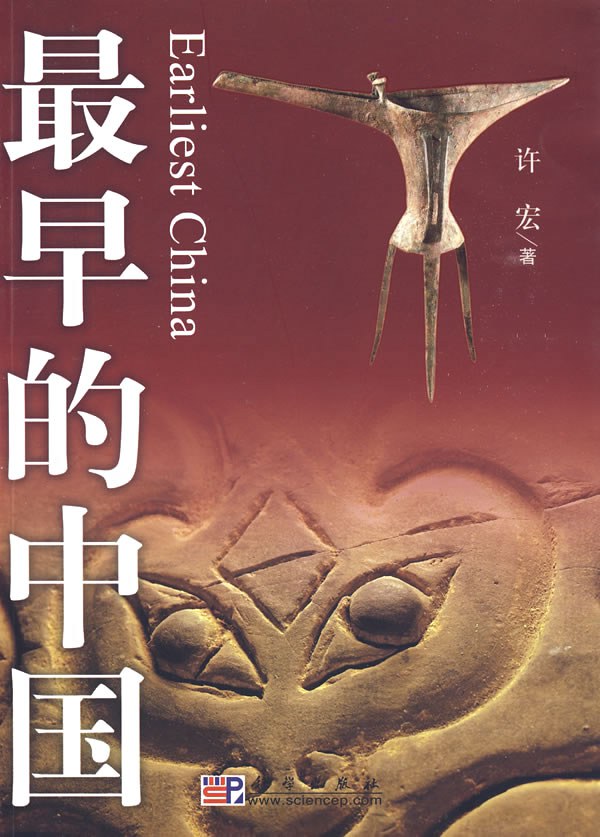
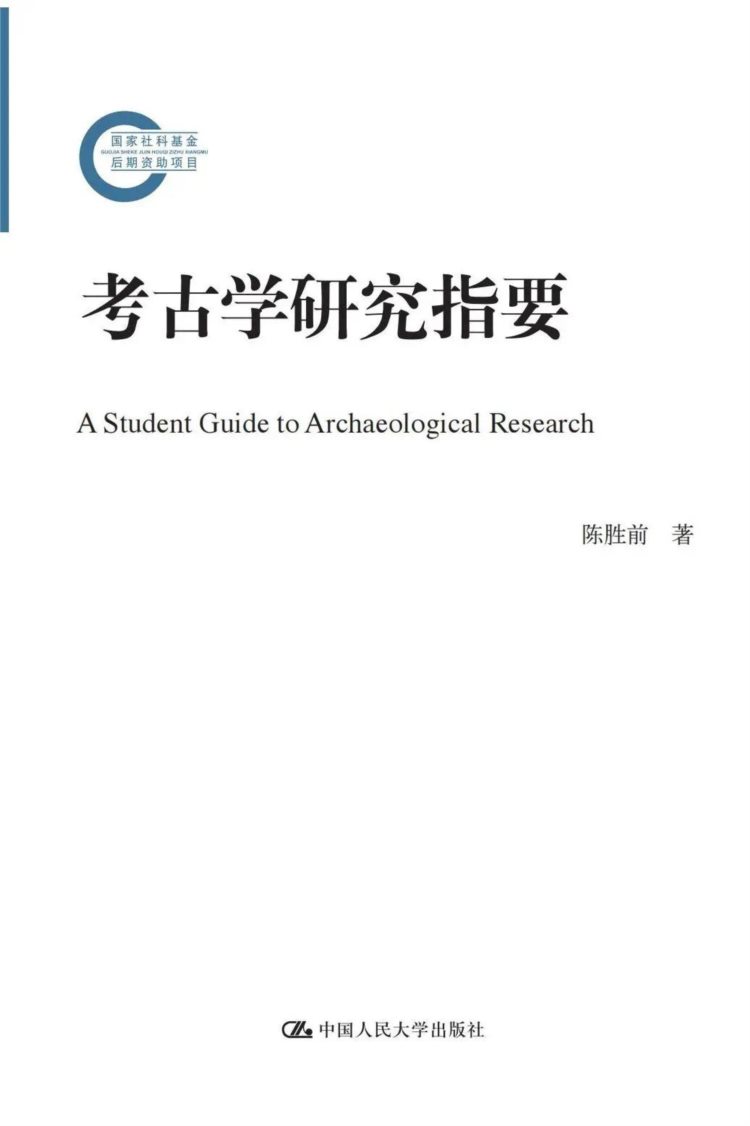
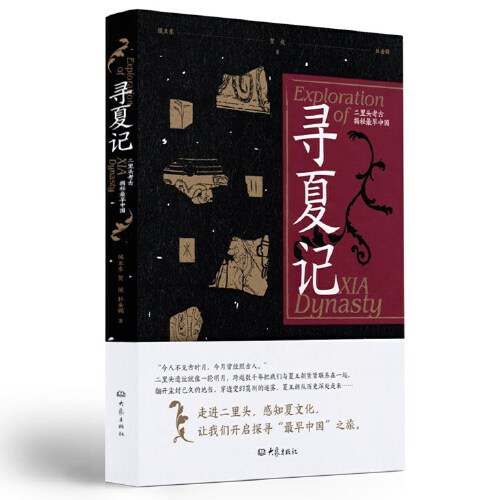


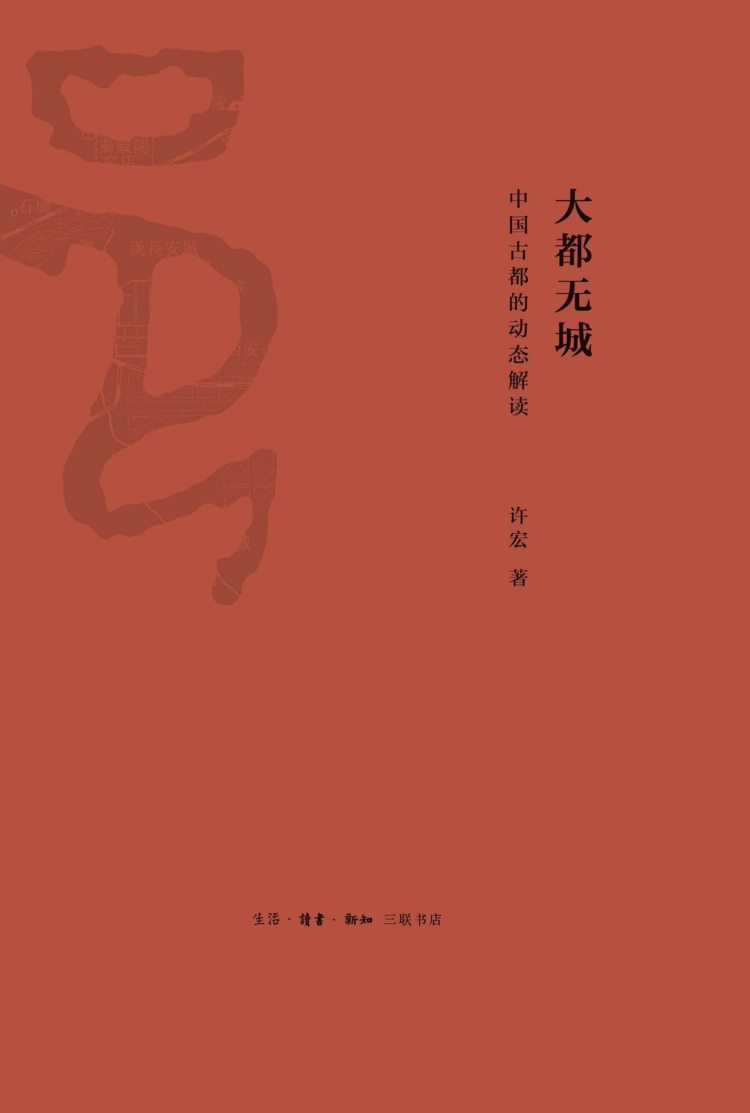
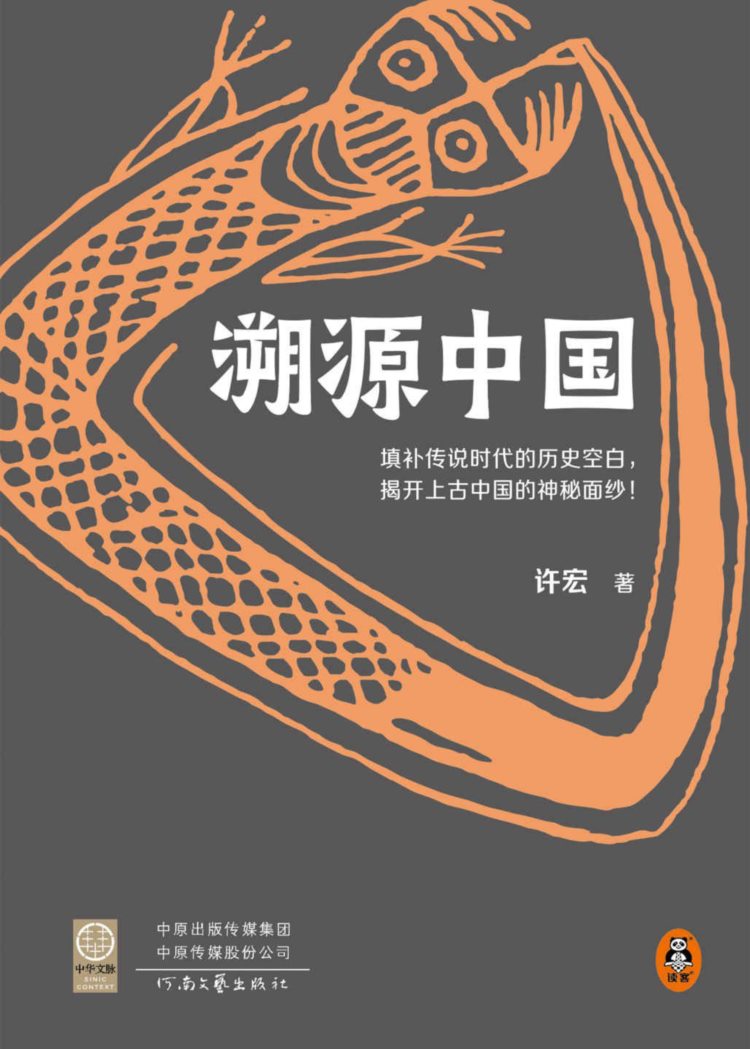
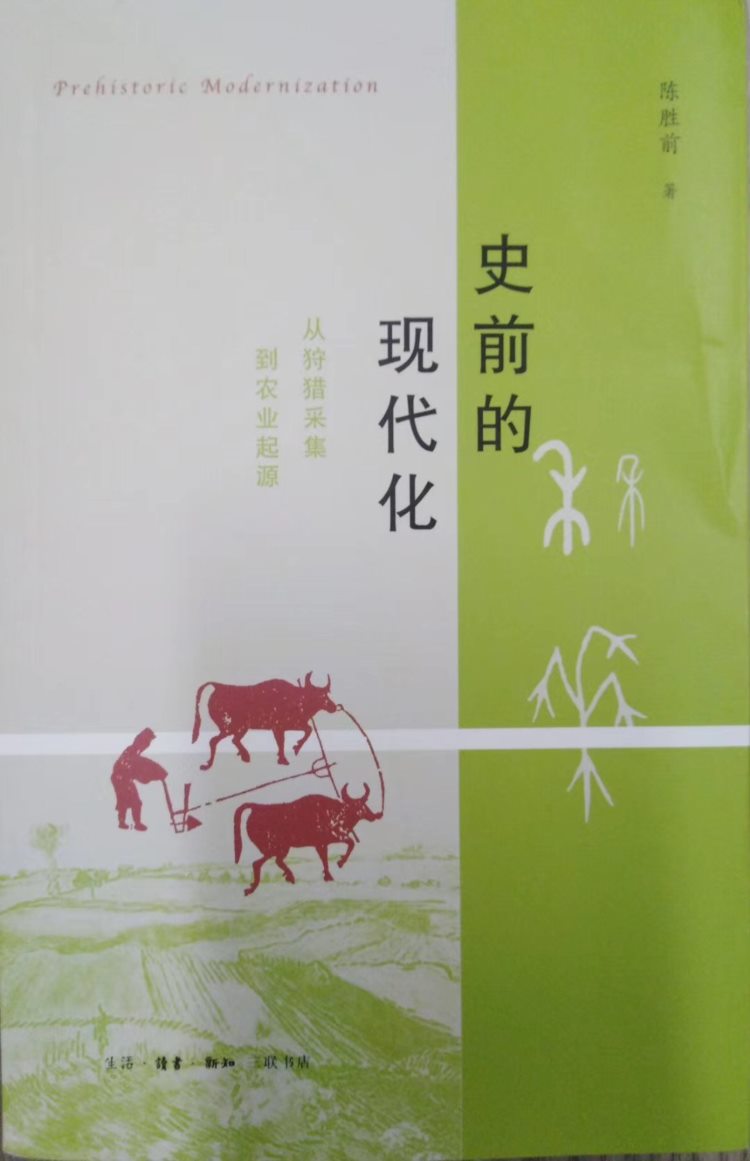
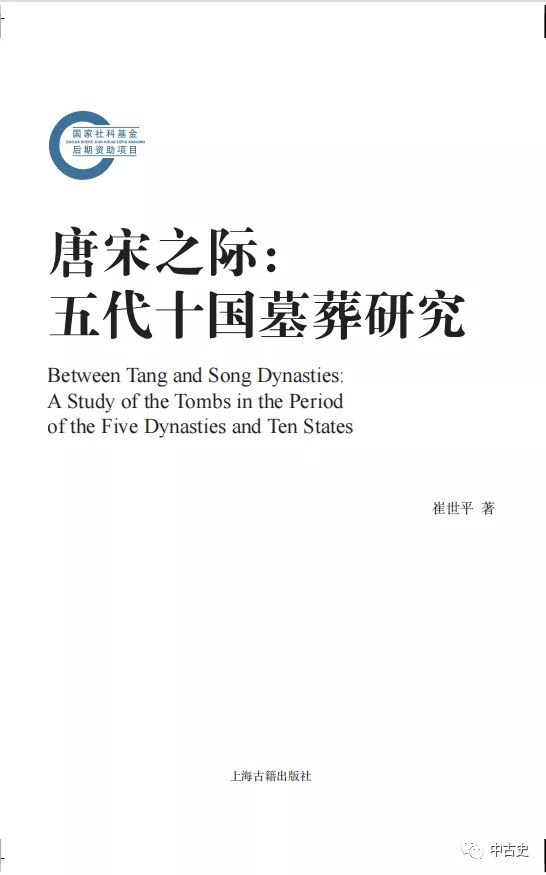
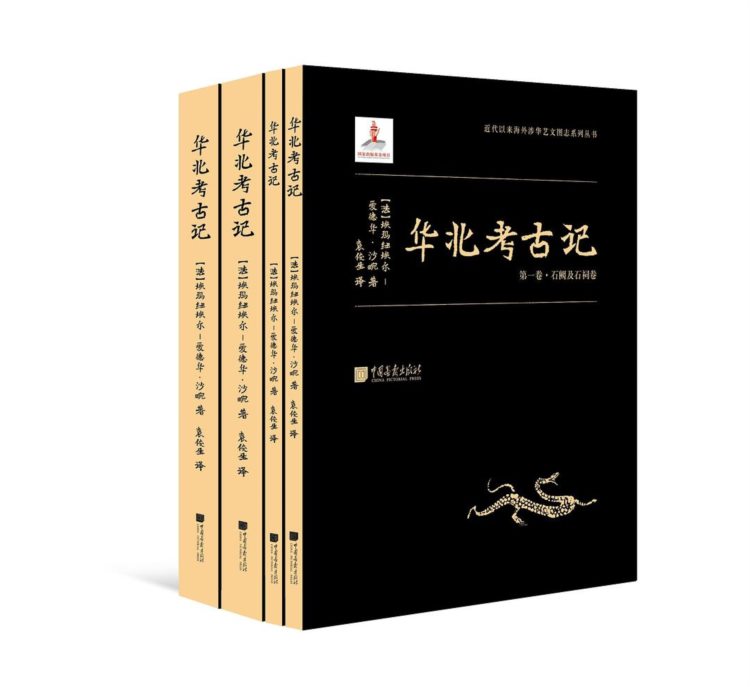
发表评价